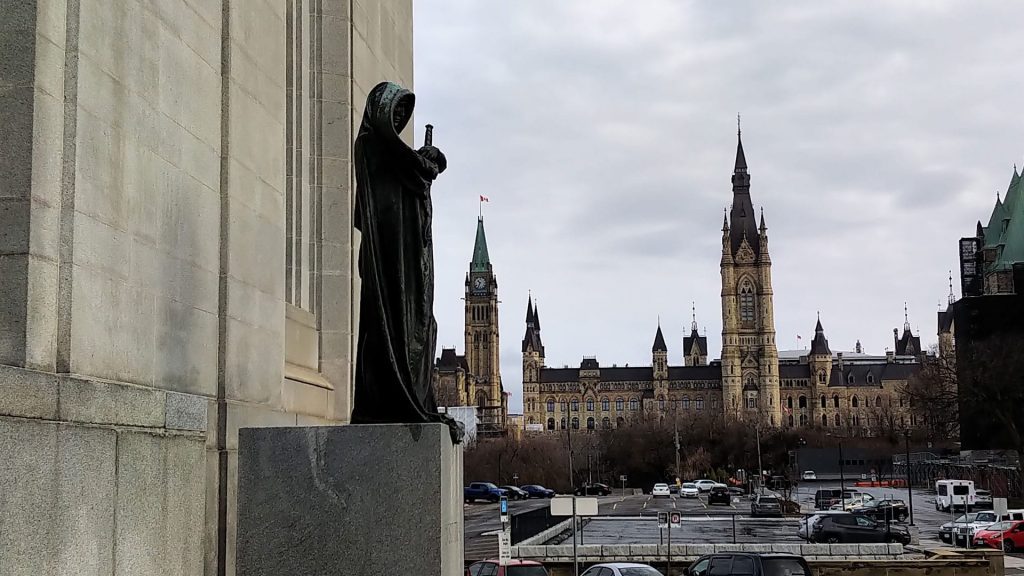
The Supreme Court of Canada says it will hear a legal battle over Crown payments to beneficiaries of two Robinson treaties which cover the upper Great Lakes in Ontario and 21 Anishinaabe bands.
The Ontario government sought to challenge a ruling by the Court of Appeal for Ontario, which found the Crown had violated the terms of its treaties with the Anishinaabe of the northern shores of Lakes Huron and Superior by capping its annual payments at $4 per person for more than a century.
According to court documents, the annuity was raised to that amount in 1875 and has not changed since.
In its ruling last year, the appeal court said that while both the federal and provincial governments acknowledge the annuity should be increased in some way, “no steps have been taken to do so.”
As a result, it found the Crown had violated the treaties’ promise to share the resource-based revenues from the territory.
It sent the case back to the trial judge to determine how much money is owed to the First Nations involved, and which government — provincial, federal, or both — would be responsible for that compensation.
Read More:
Chiefs slam Ontario, call o Queen’s Park to stop appealing landmark treaty annuities case
First Nations in northern Ontario say new Robinson-Huron Treaty annuity payment long overdue
The Robinson-Huron Treaty was signed in 1850 by Anishinaabe bands and the Crown.
It provides for the surrender of a large portion of what is now northern Ontario. In return, among other things, the treaty requires the Crown to make annual payments or annuities, to the Anishinaabe.
The Crown promised to raise the treaty annuity “from time to time” if the territory began producing enough wealth to enable the increase “without incurring loss.”
But the annuity hasn’t gone up since 1875 when it was set at $4 per person, even though the characterization of the territory at the time as “notoriously barren and sterile” proved incorrect.
While the area contains vast timber and mineral wealth, which are under provincial jurisdiction, the federal government currently pays the annuity.
It’s not clear when the case will be heard by the justices of the supreme court.
With files from the Canadian Press









